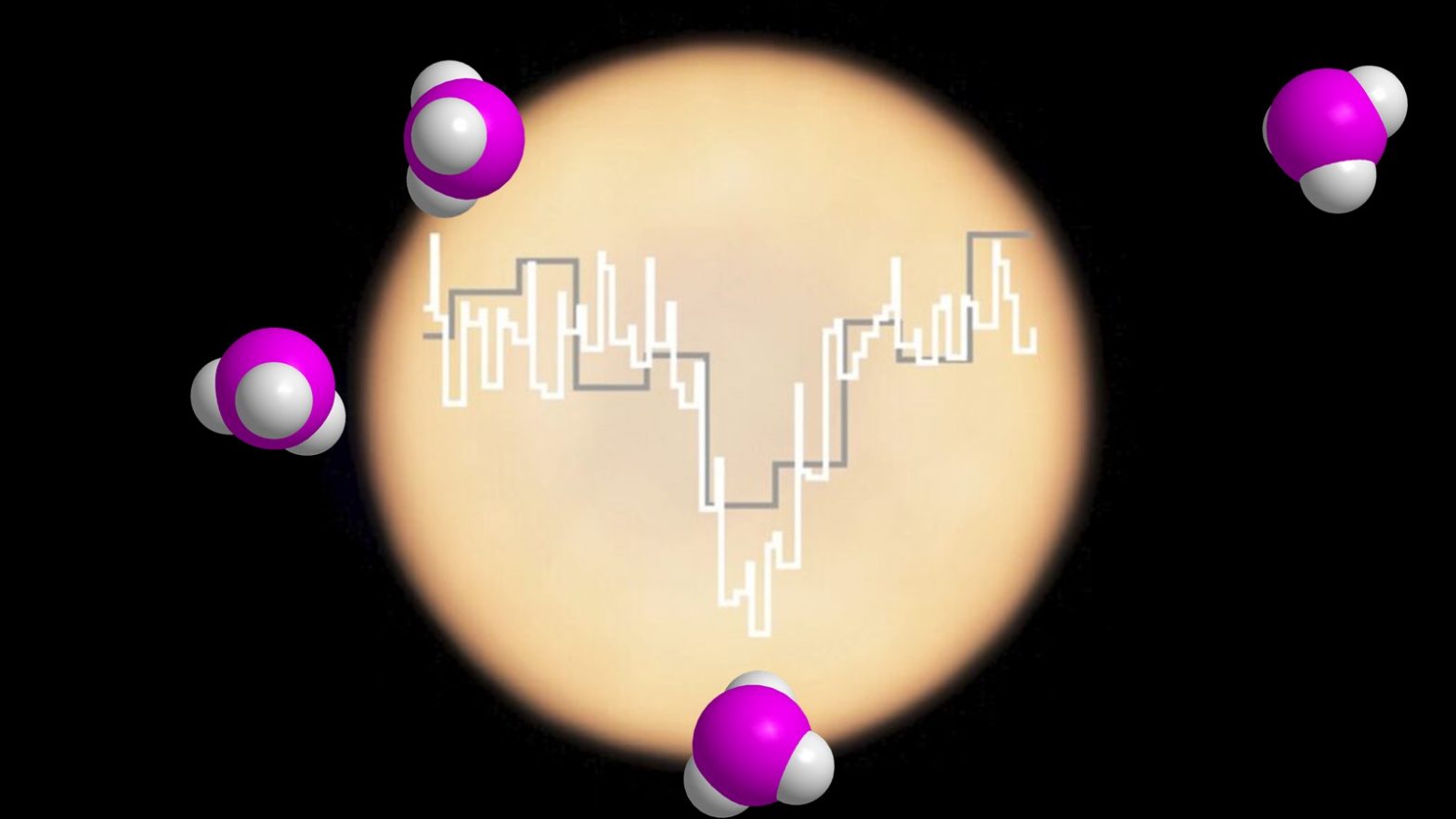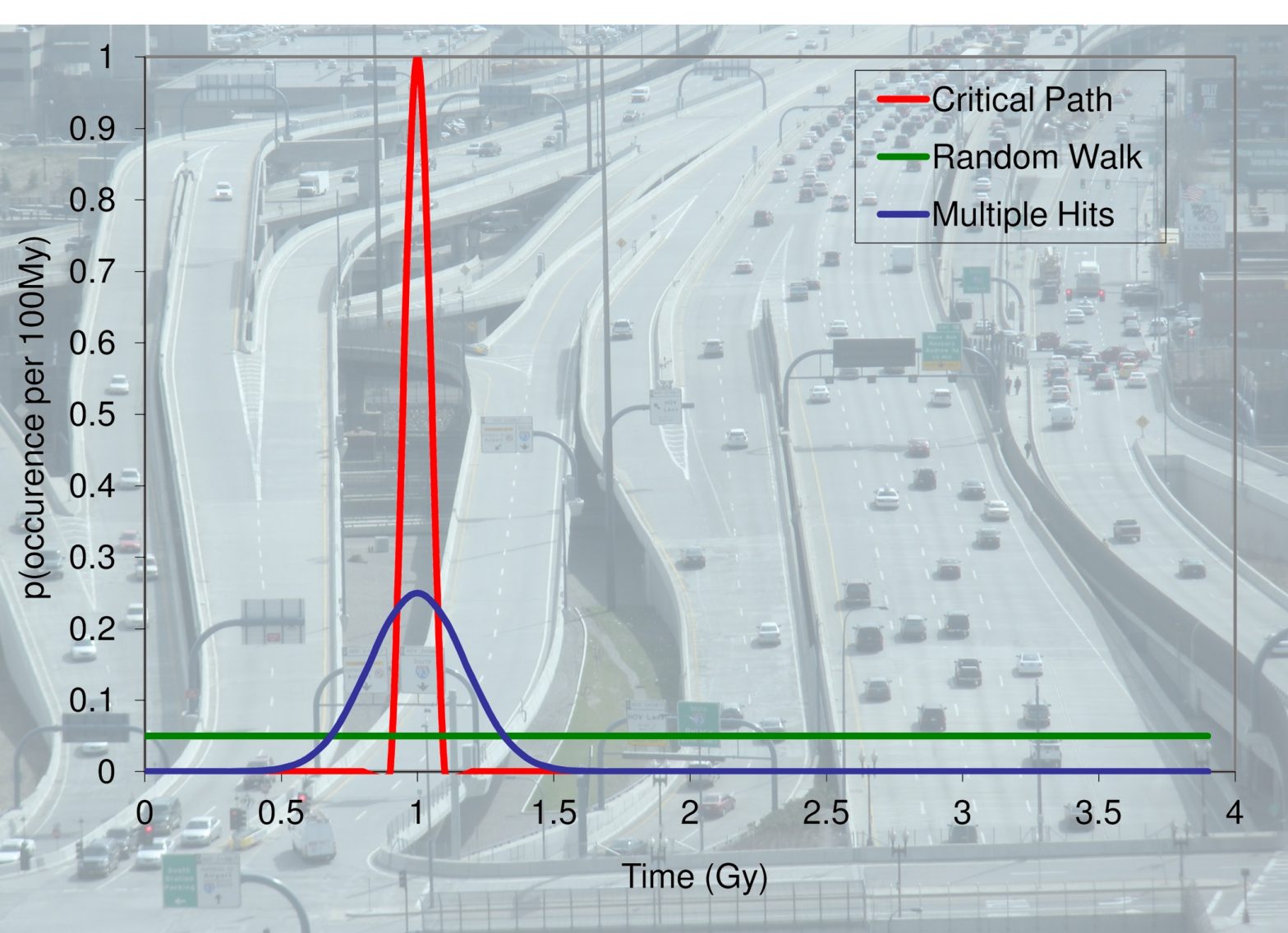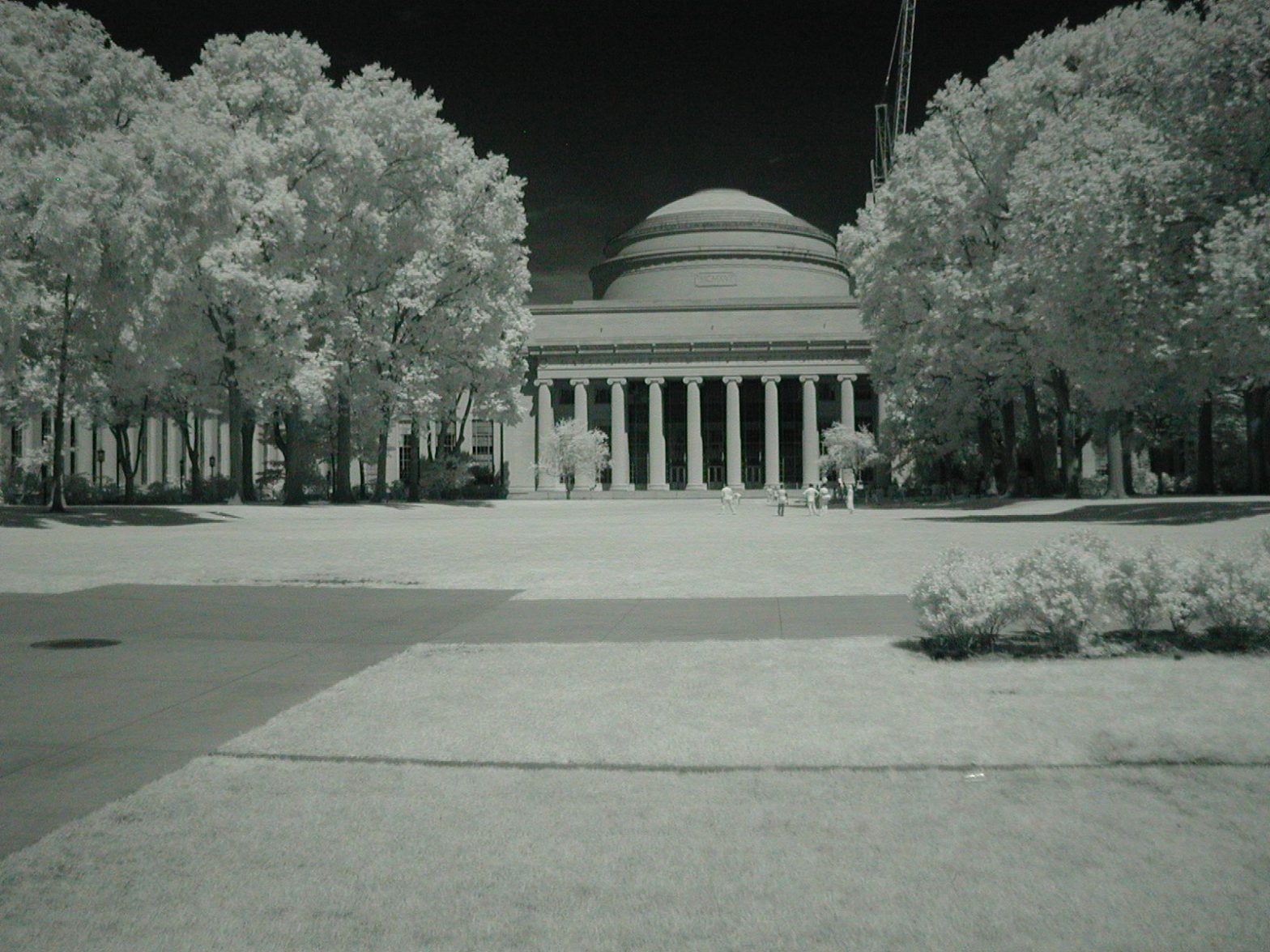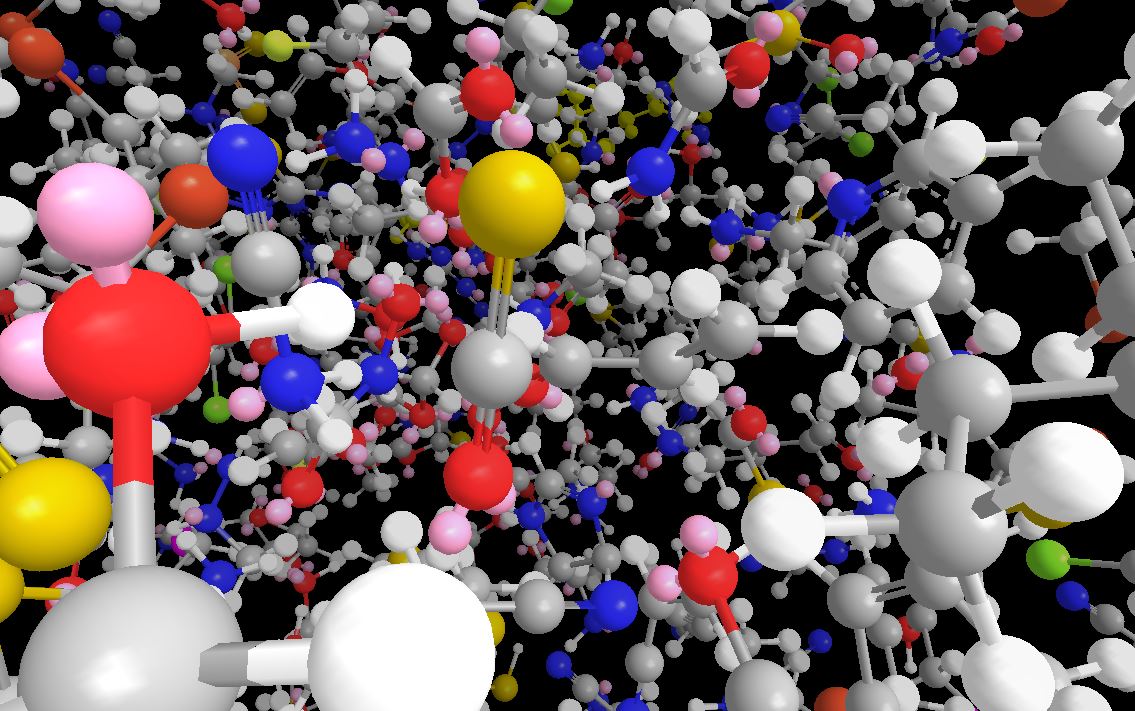My Research into Life on Other Worlds
Astrobiology is the study of life in the Universe: where it is, how it came to be there, what it is like, and where it might be going.
As the only life we know about for sure is on Earth, a lot of astrobiology is about trying to predict where we might find life elsewhere. I am exploring the biochemical aspects of this problem. What might the chemistry of life be like on other worlds? Can you have life swimming around in liquid nitrogen or boiling sulfur? Could life be based on silicon instead of carbon? And if the answer to any of those questions is “yes”, how would we detect that life from Earth?
Our work has focused on how life would adapt to worlds very unlike Earth’s. What would like look like on a world with a hydrogen atmosphere? Could there be life on a planet where the poles were at 150oC? We have published a number of papers around this. For a while I was very interested in sulfur chemistry. This has lead me (among other things) to look into the sulfur chemistry of volcanic gases on Earth, resulting in this informal report of what the volcanic springs, geysers and fumaroles in Yellowstone National park smell like. Because of the recent discoveries on Venus, I and my colleagues Janusz Petkowski and Sara Seager at MIT have been looking very closely at how you could have life in sulfuric acid.
Recently the MIT group has also been exploring more broadly what the chemistry of life could be, and has started to look for patterns in biochemistry that might enable us to predict what other world’s life might look like at a chemical level. This work has very exciting implications for understanding life on Earth as well.
I am really priviledged to have been collaborating with Sara Seager’s group at MIT on this since 2009. See this page for more on that collaboration.
Some of the software described in my astrobiology papers is available for download in the Combimol and Lifelike section of this site.
I have some slides, presentations and other material for download on astrobiology in the Library here
Venus
Venus is Earth’s ‘Sister Planet’ – a bit smaller than Earth, a bit closer to the Sun. It’s bulk composition is probably pretty similar too, but its atmosphere is very different, with 95% carbon dioxide and 92 bars pressure at the surface (Earth’s atmosphere is 1 bar at the surface) generating a super-greenhouse that raises… Continue reading Venus
Life’s origins, and the evolution of complex life (like me!)
Who cares about bugs? I want to find Vulcans! I started out in astrobiology wondering what life could be like at a chemical level. This lead to a decade of research, which has both broadened our view of life on other worlds but also started to rule out some possibilities. Despite my early enthusiasm, life… Continue reading Life’s origins, and the evolution of complex life (like me!)
MIT Collaboration
I am incredibly lucky to be working with Prof Sara Seager on what life could look like on other worlds. Sara is a Professor of physics at MIT, and one of the leading thinkers about exoplanets and their atmospheres. See here for Sara’s web pages. Astronomers are discovering new planets around other stars at a rate of… Continue reading MIT Collaboration
Why Study Astrobiology?
Astrobiology is not immediately useful, like cancer research or oil prospecting. And it is expensive – the space telescopes needed to discover and characterise exoplanets, and the spacecraft that land on Mars, cost billions of dollars. So why do it? For me, there are three reasons. 1 – No-one knows what is useful. In the… Continue reading Why Study Astrobiology?



